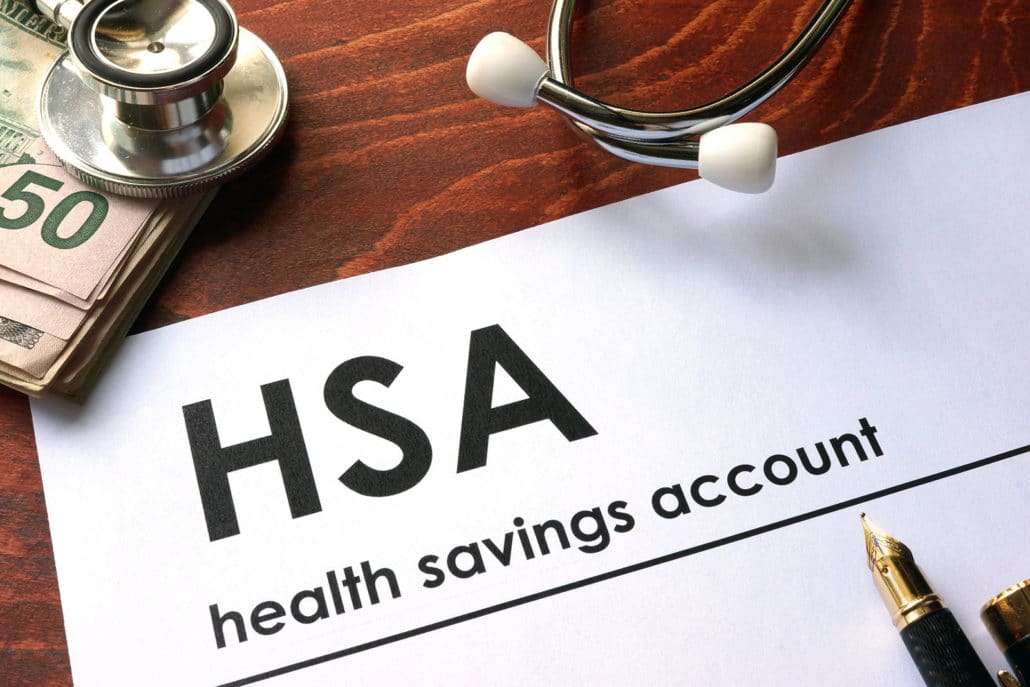Residential treatment is a necessary step for many people to overcome their drug or alcohol addiction. During your inpatient rehab program, you’ll receive extensive medical and psychological support in a safe, stable environment. However, this form of treatment can be expensive, which leads some patients to forgo rehab or wait too long to attend. Even with insurance coverage, your deductible, copays, and other out-of-pocket costs can add up.

If you’re struggling with the cost of residential addiction treatment, there may be some ways for you to reduce the financial strain. One option is to claim your treatment expenses as a tax deduction, which could save you a considerable amount of money. Tax laws and regulations are extremely specific and strict, though, so you must be aware of the guidelines before you claim any deductions.
Can you claim drug rehab on taxes? In most cases, patients can claim some but not all of their expenses. Here is everything you need to know about claiming your inpatient costs on your taxes:
Table of Contents
What Are Tax Deductions?
Deductions reduce your taxable income so that you only pay taxes on a portion of your income. Most deductions are specific expenses that you may encounter throughout the year, such as college tuition, mortgage interest payments, or charitable contributions. When you file your taxes, you can add up all of the deductions you qualify for to determine how much of your income you’ll pay taxes on.
For example, you might make $50,000 and claim $10,000 in various deductions. This leaves you paying taxes on $40,000 of income. While this isn’t a full reimbursement for your deductible expenses, it does ease the financial burden. Deductions for the average individual can lead to thousands of dollars in savings on taxes.
Are Residential Treatment Centers Tax Deductible?
Fortunately, medical expenses qualify as a deduction for your income taxes. Inpatient rehab is included as a medical expense, so you can deduct some of your out-of-pocket costs on your taxes. These costs include payment for your treatment and meals at the rehab facility, follow-up care with a doctor or psychologist, transportation to medical centers, and other related expenses. Both medical and psychological care are included in this deduction, so virtually all of the healthcare expenses related to your addiction recovery should be deductible.

However, there are some key rules and limits to your medical deductions. You can only deduct the medical expenses that exceed 7.5% of your adjusted gross income. For example, if your adjusted gross income is $50,000, 7.5% of your income amounts to $3,750. You cannot claim the first $3,750 you spend on your healthcare costs. Any amount beyond $3,750 is deductible, though.
Itemized vs Standard Deduction
The medical expense deduction only applies when you itemize your deductions, which is the process of adding up each individual deduction you can claim to calculate your taxable income. The alternative is taking the standard deduction, which is a base deduction that any taxpayer can take regardless of their actual deductible expenses. For the 2022 tax year, the standard deduction is $12,950 for single filers and $25,900 for married couples filing jointly.
Most taxpayers find that the standard deduction amounts to more than their itemized deductions. If you paid for inpatient mental health treatment this year, your deductible expenses may or may not exceed the standard deduction. You’ll have to add up your deductible expenses and compare the total with the standard deduction to determine which one is higher. If you plan to take the standard deduction, you cannot also claim your medical expenses.
How to Claim Drug Rehab on Your Taxes
Taxes can become very complicated when you claim numerous deductions. To streamline the process and protect yourself legally, you must keep a careful record of your expenses. This includes medical bills, insurance documents, and any other official record of what you spent on rehab and other healthcare costs.
You’ll have to itemize your deductions if you plan to claim your residential treatment costs. To maximize your savings, you should also research other deductions that you may qualify for. You’ll calculate your deductions on the Schedule A form, or you can bring your documents to a tax professional to ensure that everything is correct.
You can claim medical expenses for dependents in exactly the same way. If you paid for your child or another dependent to attend a residential addiction program this year, you should keep track of your out-of-pocket costs so that you can claim them on your taxes.
Other Options for Reducing Your Tax Burden
Claiming medical expenses on your taxes is a popular option, but there are a few other ways to reduce your tax burden as well. A health savings account (HSA) can be an excellent resource if you’re facing sizable out-of-pocket expenses. A HSA is an account for medical bills that you can make pre-tax contributions to, which means you never pay taxes on the money in that fund. Most people with HSAs set them up through their employer, but you may be able to create one individually as long as you meet certain requirements.

A similar option is a flexible spending account (FSA), which is another account you can make pre-tax contributions to for your medical expenses. Your FSA is tied to your employer, though, so if you’ll lose the funds in the account if you lose your job. Additionally, unlike an HSA, the funds in your FSA do not roll over into the next year.
If you itemize your deductions, you can claim your residential costs and other addiction treatment expenses that exceed 7.5% of your income. Claiming these expenses can save you a great deal of money, which can make rehab more financially accessible. To reduce your out-of-pocket costs, you should carefully research the relevant deductions and any other sources of funding that are available to you. Inpatient care is a vital part of your recovery, and finances shouldn’t get in the way of you receiving the treatment you need.
Long Island Interventions helps New York residents get started on their path to a life free from drugs and alcohol. If you’re struggling with addiction, contact us today to receive the support you need.
FAQ
Are ketamine treatments tax deductible?
Is alcohol rehab tax deductible?
Is drug rehab tax deductible?
Are residential treatment centers tax deductible?
Published on: 2022-05-13
Updated on: 2025-03-13

